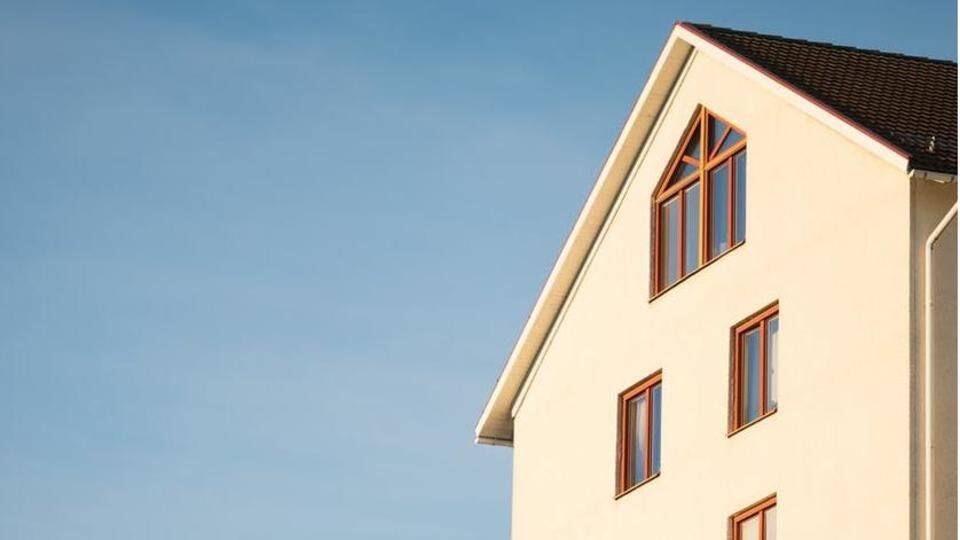
Just 28% urban Indians live in rented houses: Economic Survey
What's the story
Only 28% of India's urban population lives in rented houses today, a sharp contrast from the housing pattern in 1961 when more than half of us (54%) didn't own a house and lived in a rented one, finds the Economic Survey for 2017-18. The survey highlights India's over-dependence on house ownership as a growing hindrance to economic and social mobility. Read on for more.
Reasons
Why is rental housing important?
Not owning a house allows people greater mobility and scope, both horizontally and vertically, observes the analysis. It is a boon for new arrivals, especially rural migrants, in a city who may not have the need or the economic bandwidth to purchase a home just yet. Renting a house gives people the financial room to concentrate on and invest in other, more pressing needs.
Details
Why are Indians so big on owning houses?
Several factors are responsible for Indians not renting houses anymore. Increase in urban wealth, focus on rootedness, consolidation and accumulation of property, and socioeconomic policies promoting these practices play a major role. Add to it skyrocketing rents, vague property rights, difficulties with contract enforcement and the hassle of shifting every 11 months or sooner.
No takers
Steep rise in vacant houses across Indian cities
Apart from house renting suffering a major blow, Indian cities are battling with another significant challenge - a dramatic rise in the number of vacant houses. According to the survey, 12% of urban India's total housing stock is vacant. Mumbai leads with 500,000 empty houses. Delhi follows with 300,000. Even tier 2-3 cities such as Kochi, Ludhiana and Coimbatore have hundreds of houses unoccupied.
Way forward
The big India housing challenge
Though India is deep in the throes of ensuring "Housing for All," with a lofty aim to build 3 million houses across cities, it needs to first address problems in the rental market to reach a viable solution, concludes the analysis. Considering India's complex housing requirements, it must look beyond erecting new houses and encouraging ownership, towards broader, flexible policies for all.